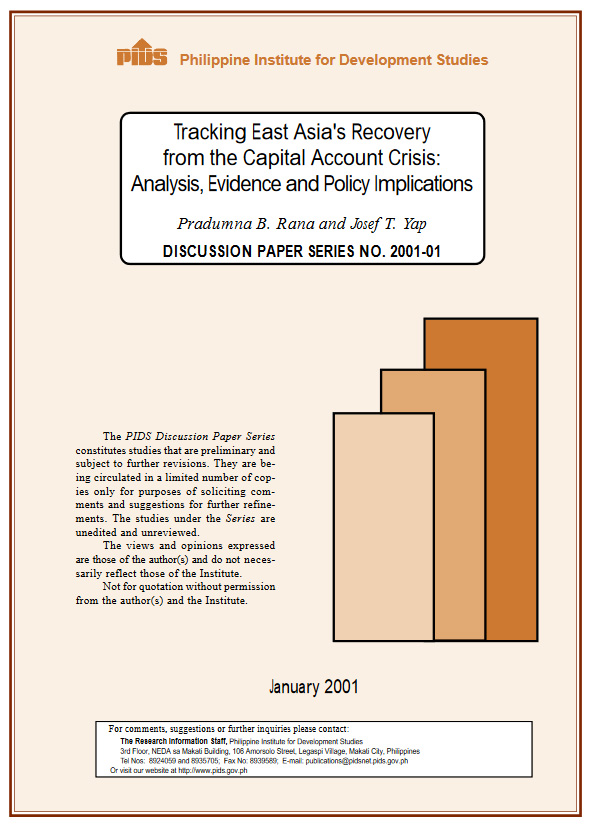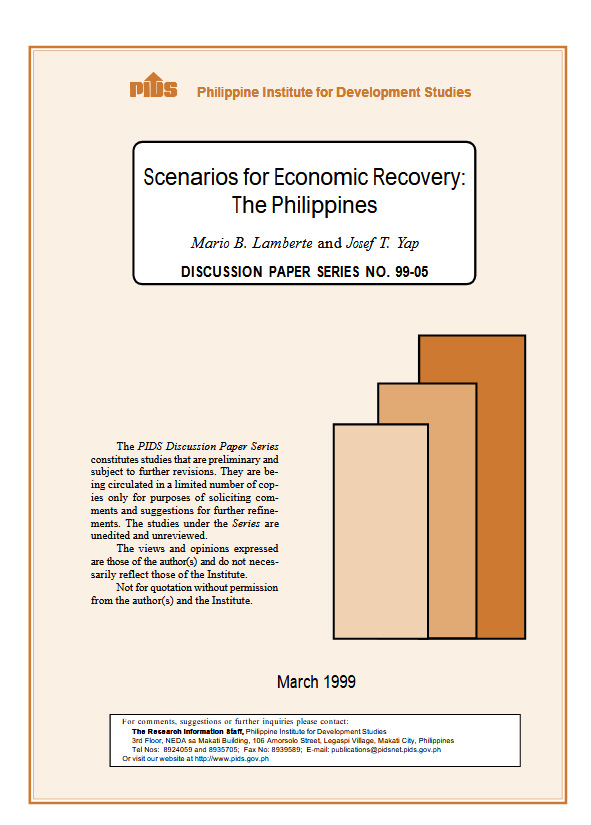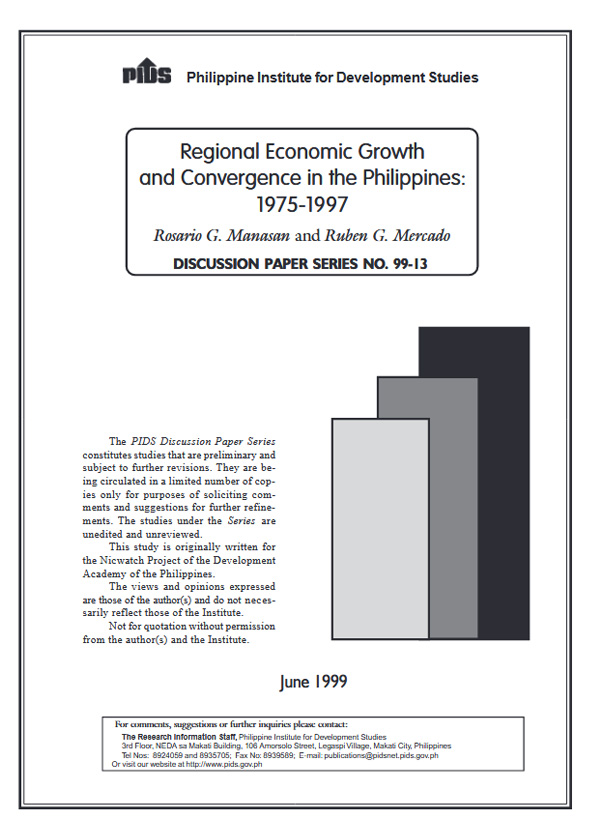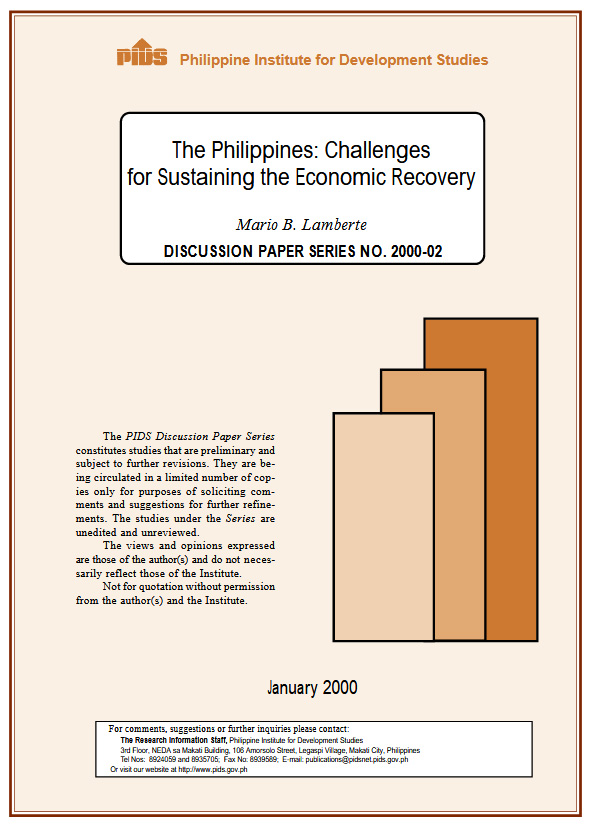The strong recovery of the five crisis-affected countries of East Asia between 1999 and 2000 has revived the debate on the causes of the 1997 financial crisis. Initially there had been an emerging consensus that the crisis had originated from the capital account. However, some analysts see the faster-than-expected recovery as a vindication of IMF policy prescriptions, which tended to treat the crisis as a problem with the current account. This paper shows that the capital account interpretation is still relevant and that the recovery process is being dominated by factors directly related to the 1997 crisis.













